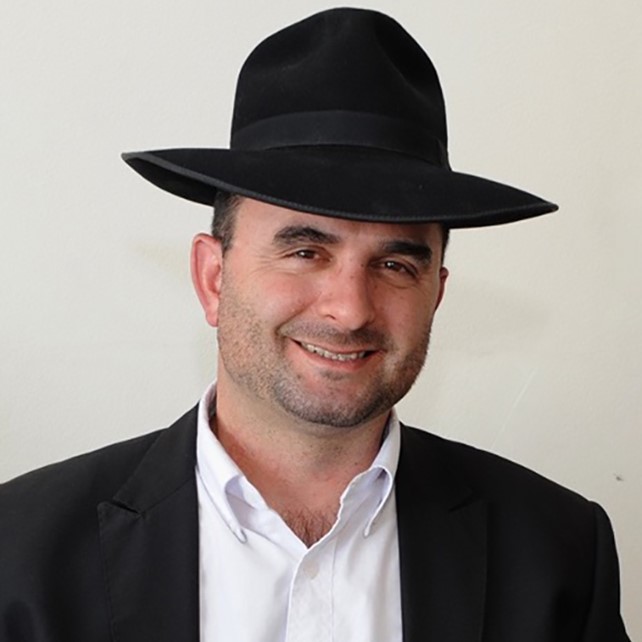
Religion

After the fall – a greater ‘you’ emerges
A sublime idea can be gleaned from the opening verse of this week’s portion. To preface it, however, a few questions need to be asked.
In the entire Torah, from Moses’ entry on the scene until his death, there is no portion absent his name. In most portions, his name is, of course, stated multiple times. This week is the exception. Moses’ name isn’t mentioned once. Why?
Furthermore, in the opening verse of the portion, Moses is instructed by G-d, “You shall connect to the Jewish people.” Compared to using a person’s name, the term “you” suggests a hiddenness, a concealment of the person. Moses is simultaneously shown to be concealed – “you” – while being instructed to connect to the Jewish people. Why are these together?
Finally, one commentator explains that it is in fact the opposite. That the term “you” here, is expressing a much loftier aspect of Moses, one that transcends his name. How do we understand that?
A suggested explanation.
Moses had a moment, like so many do, in which darkness overwhelmed him. A crushing of the spirit, a breaking down of self, and so his name doesn’t appear – he is referenced as “you”. There was a loss of “name”, of self, so to speak.
G-d says “you”, the Moses that has had this “breakdown”, that is engulfed in darkness, “connect to the people of Israel”. In this “connect to” lies the depth of this council.
When one undergoes a traumatic life experience, a breakdown, a darkness of overwhelming proportion, one must reach out and connect. Enter the individual or persons (angels) that has/have been reached out to, that empathise and hold up that person in their moment of crisis and darkness. In their “response to call” that individual is placed in a way that imitates G-d more than in any other – breathing life into another human being, holding them up, supporting and shouldering them in their time of need.
In Moses’ case he was instructed to “connect to the people of Israel”, to the light and energy of this great nation, and draw strength and revitalisation from her.
When one reaches out and doesn’t receive a response from the person in one’s dire moment, it means they aren’t able, don’t have sufficient compassion, strength, or capacity to respond, and one must reach out again, to another and another.
When one is hopefully lifted from that fragile and vulnerable state, a new person emerges, a greater, deeper, more sensitised, truer person, thus the commentator that says the “you” which Moses is referred to here, is beyond his name. For as he connected to the light of the people and resurfaced, he reached a level much higher than even his name.
To add though, that as one reaches out, to connect and seek the strength of that G-dly pillar and individual in one’s time of travail, one should from one’s depths also reach out to G-d to change one’s situation and role, to rise and become a pillar for another, should one be called upon.










